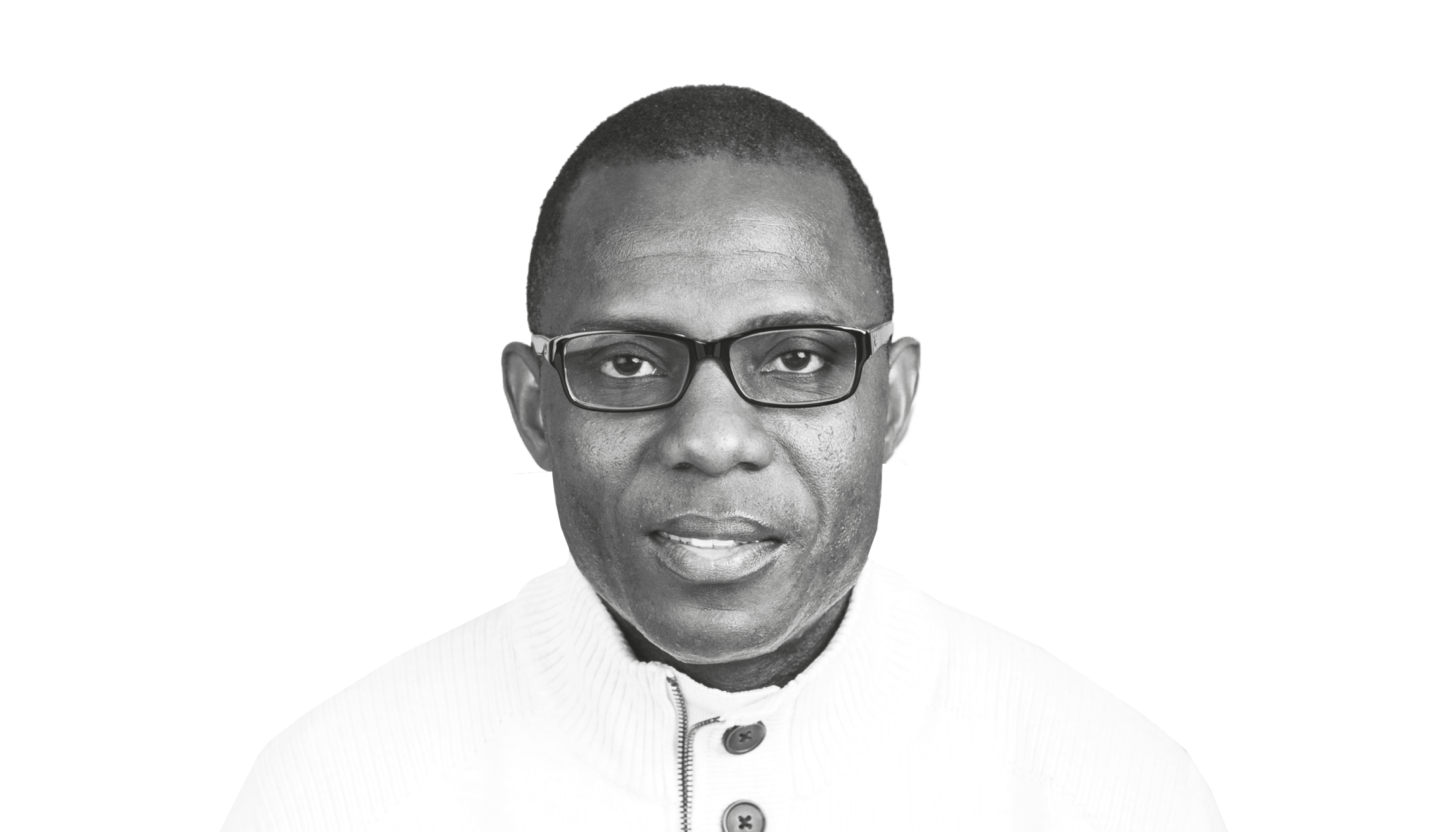I joined Chemists Without Borders because of their mission statement – it fits incredibly well with my personal goals regarding community development. In October 2015, I took over the Ongley-Myers Sierra Leone Chemistry Education Project (OMSLCEP), a name coined in honor of the two former leaders of the project (Lois Ongley and Rusty Myers, both of whom sadly passed away).
OMSLCEP seeks to provide chemistry education in developing nations that people can then apply to their daily lives and teach others. The ultimate aim? To allow them to make improvements in their own country. Sierra Leone remains the focus of these efforts at present; like many developing nations, Sierra Leone was subject to a civil war that caused great disruption to its educational infrastructure. And, although most students in the region retain a strong theoretical background in chemistry, they still lack a laboratory framework in which they can develop the associated practical skills.

And that’s where we come in. We have developed a total of 16 laboratory activity kits ready for use in Sierra Leone – all of which are inexpensive, produced by green approaches, and tied to laboratories associated with the West African Examination Council (WEAC) curriculum. Students in Sierra Leone must pass the WEAC with at least four subject passes to transition to university – one of which must be chemistry. What’s more, the kits do not require dedicated laboratory space for application, and they generate very little waste. And, as I mentioned briefly above, their use has focused largely on everyday Sierra Leone needs – for example, to purify water or focus on the chemistry of cement. In Sierra Leone, people build their own homes, making cement knowledge somewhat vital.
When asked what we need to continue our work, the answer will always be money – money and human resources, largely in the form of volunteers. On this front, we’ve secured significant external funding in the past (from the American Chemical Society Global Innovation Committee, the Department of Defense, the Defense Intelligence Agency, Hopevale Church in Michigan, and individual donors like Dr. Ronda Grosse), but we are waiting on a proposal from the USAID at present. I’ve also developed a study abroad class at my institution to allow undergraduate students to teach science in developing nations themselves. I think that such schemes represent a powerful tool to drive meaningful change in countries where scientific education may be lacking – and may well represent the future of education in science.
Of course, meaningful change takes many forms. When it comes to OMSLCEP, we anticipate we will be able to provide not only essential support to communities that need them, but also enhance scientific talent, intellectual capital, student potential, global competitive ability, youth engagement in science, and female empowerment. In Sierra Leone, only 30 percent of those entering university following standard tests are female. Plus, as is the case with many of the Chemists Without Borders projects, we are also looking to expand; I anticipate similar projects in Ghana, Gambia, and other Spanish-speaking countries.
If you’re interested in lending a helping hand in any way, feel free to contact me at bakarrkanu@chemistswithoutborders.org. It’s always a pleasure to expand our network, and I look forward to hearing from anybody who wants to be a part of it.
Donations are also welcome, too. Please feel free to support our case




